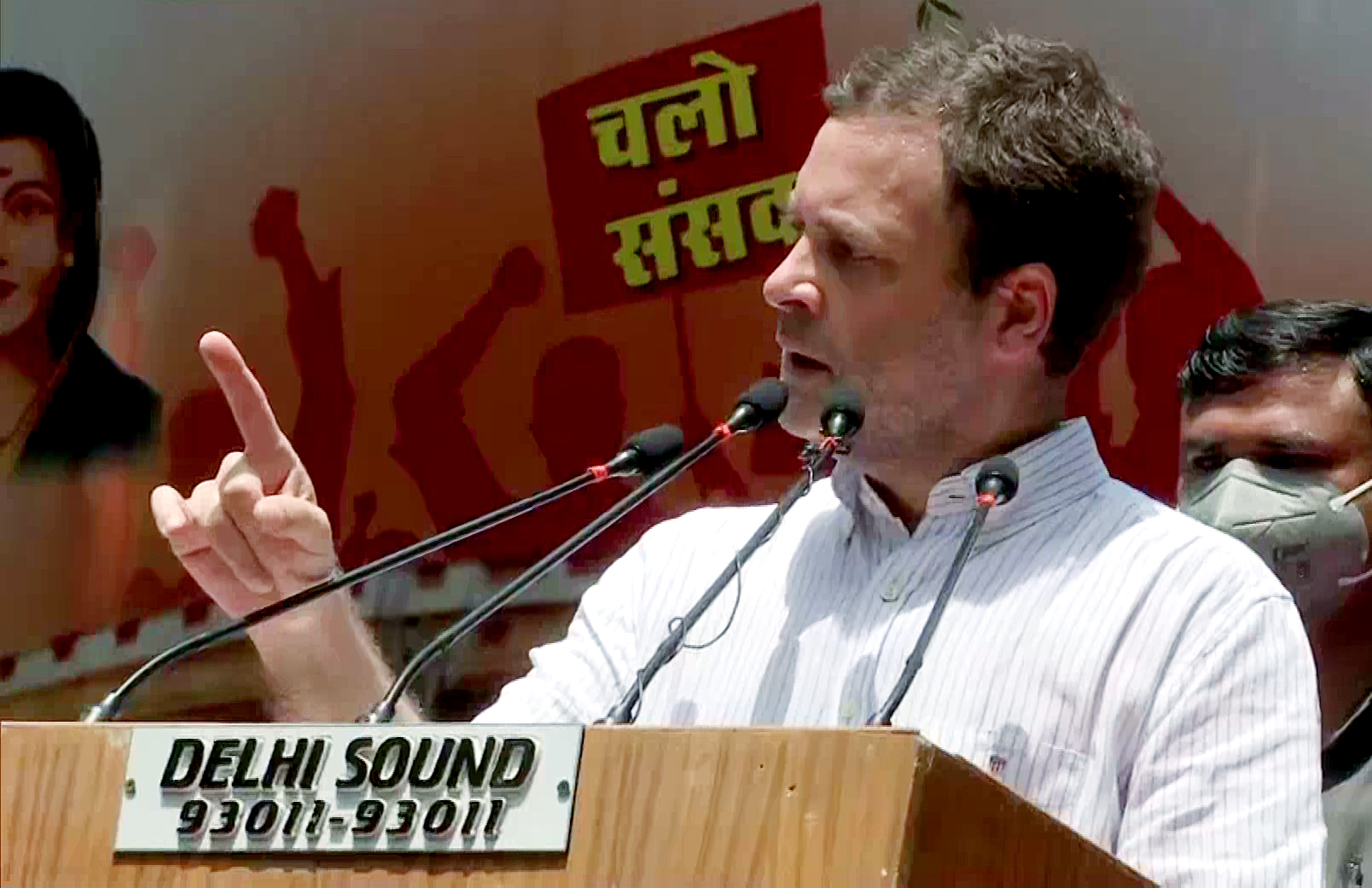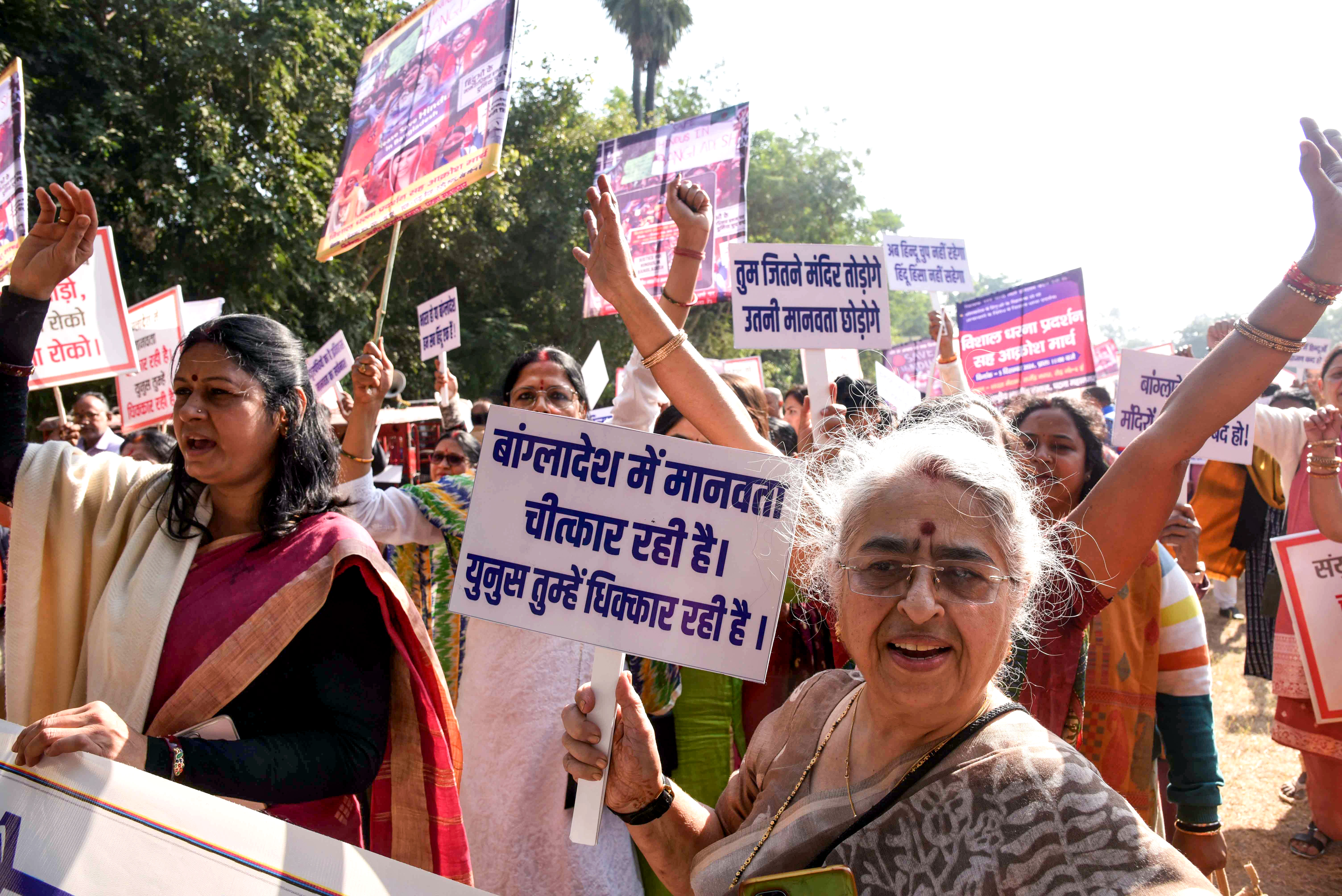Earlier this month, an iPhone manufacturing plant near Bengaluru was vandalized, leading to fears that foreign manufacturing companies may go slow on plans.
Aerospace company Boeing has canceled its plans to establish a manufacturing unit in Bengaluru, India. Instead, the Seattle, US-based aircraft manufacturer will now convert its entire 14.57 hectare land in Bengaluru into a research and development (R&D) facility.
The decision is notwithstanding the southern city’s pre-eminence as India’s aerospace hub. The company cited muted demand because of Covid-19 as the reason for the withdrawal of plans. The state high-level clearance committee has approved the request.
India has grown to be one of Boeing’s biggest markets. The original approval for the Boeing manufacturing plant dates back two years, when an investment to the tune of $155.8 million was planned on the land plot near the city’s Kempegowda International Airport (KIA), making it Boeing’s largest plant outside its US facility. Boeing India employs about 3,500 people in its field and technology facilities spread across India from New Delhi in the north to Mumbai in the west, and Chennai and Bengaluru in the south.
Boeing’s drastic decision comes less than two weeks after a vandalism incident at a factory near Bengaluru, where employees went on a rampage. The incident took place at Winstron, the Taiwanese manufacturer of iPhone components located in Narasapura, about 32 miles northeast of the IT city. The incident proved to be a can of worms, as stunned and unprepared state and federal governments rushed to intervene to prevent exactly the kind of action Boeing took.
A key manufacturer of Apple’s iPhones, Wistron invested nearly $406.4 million in the production unit for the manufacture of iPhone 7 and iPhone SE devices. The Karnataka government had gleefully supported the establishment of the factory through a generous incentive for the acquisition of over 16 hectares of land. Unfulfilled salary promises for engineers (allegedly cut from a promised monthly salary of $284.50 to $162.57) and non-engineering graduates (cut to a meager $108.38) and unfair working conditions of 12-hour workdays, and contractual rather than employment deals did not go down well with a workforce increasingly disgruntled by the continued onslaught of the coronavirus.
The Narasapura violence brought into spotlight Winstron’s questionable ethical practices. After Apple, the US owner of the iPhone, took stock of the situation, Winstron admitted to payment gaps. The company initially claimed damages of $59.2 million, but later, informed the Taiwan Stock Exchange that the violence did not cause significant material damage to the warehouse itself, or to the manufacturing equipment and that the extent of the damage was around $7 million.
Companies have been grappling with human resource issues in India since the pandemic struck, some of them able to innovate, while others have struggled to cope. The Winstron incident’s impact may prove to be deleterious if other MNCs follow Boeing, or back off from impending investments in manufacturing in India.
Image: Boeing’s Bengaluru facility.
Image source: Boeing website.


























